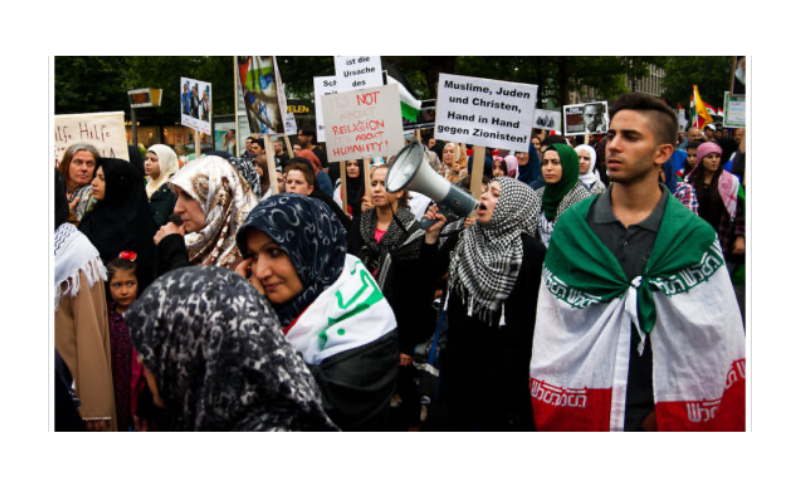Yehudit Barsky and Ehud Rosen
INSS, Apr. 18, 2023
“While CAIR condemned antisemitism in general following the 2021 Los Angeles restaurant attack days later a CAIR official again attempted to delegitimize the ADL—the organization that monitors antisemitism and is part of the mainstream Jewish community—claiming it has been “falsely characterizing legitimate criticism of Israel as antisemitism.” CAIR went so far as to deny that any surge of antisemitic attacks had taken place.”
While the US has focused its discourse in recent years on the rise of right-wing extremism, discussion of Islamist extremism has been relegated to elements of the far-right, mainly by those who frame it in the context of so-called “anti-sharia” activism. This framing, in addition to increased discourse on minority rights, has effectively stifled the possibility of having any proper discussion of the issue in relation to antisemitism. The unprecedented 75% surge in antisemitic incidents throughout the US in the weeks during and following the 2021 Gaza conflict (Matza, 2021) confirms the need for such a discussion.
Over the past few years, the role of both political Islam and Islamist groups and their ideologies in preventing or promoting radicalization has been at the core of European discourse. In the US, however, this has not been the case. This difference, in part, can be attributed to a successful “rebranding” of Islamist groups in the US, which were previously perceived as connected to extremist entities. Additionally, over the past decade, American Islamist groups, such as those affiliated with the Muslim Brotherhood, have developed “red-green” alliances with American progressives and left-wing movements to recast themselves as advocates of human and minority rights organizations or as advocates of reform. While our focus is on Islamists in the US – who frequently purport to be the ‘voice’ of the Muslim community — it should be noted that Islamists do not represent the majority of American Muslims.
A 2011 Gallup poll demonstrated that when shown a list of national Muslim American organizations, 55% of male and 42% of female Muslim American respondents stated that “no national Muslim American organization represents a large percentage of the community” (Gallup, 2011). A 2017 Pew study revealed that the majority of American Muslims do not attend mosque weekly, and, in contradistinction to the ideology of Islamists, 64% believe that there is more than one way to interpret Islam, and 52% believe that traditional understandings of Islam must be reinterpreted (Sciupac, 2017). To date, there have been no mainstream surveys specifically measuring antisemitic attitudes of Muslim Americans toward Jews.
… [To read the full article, click here]


